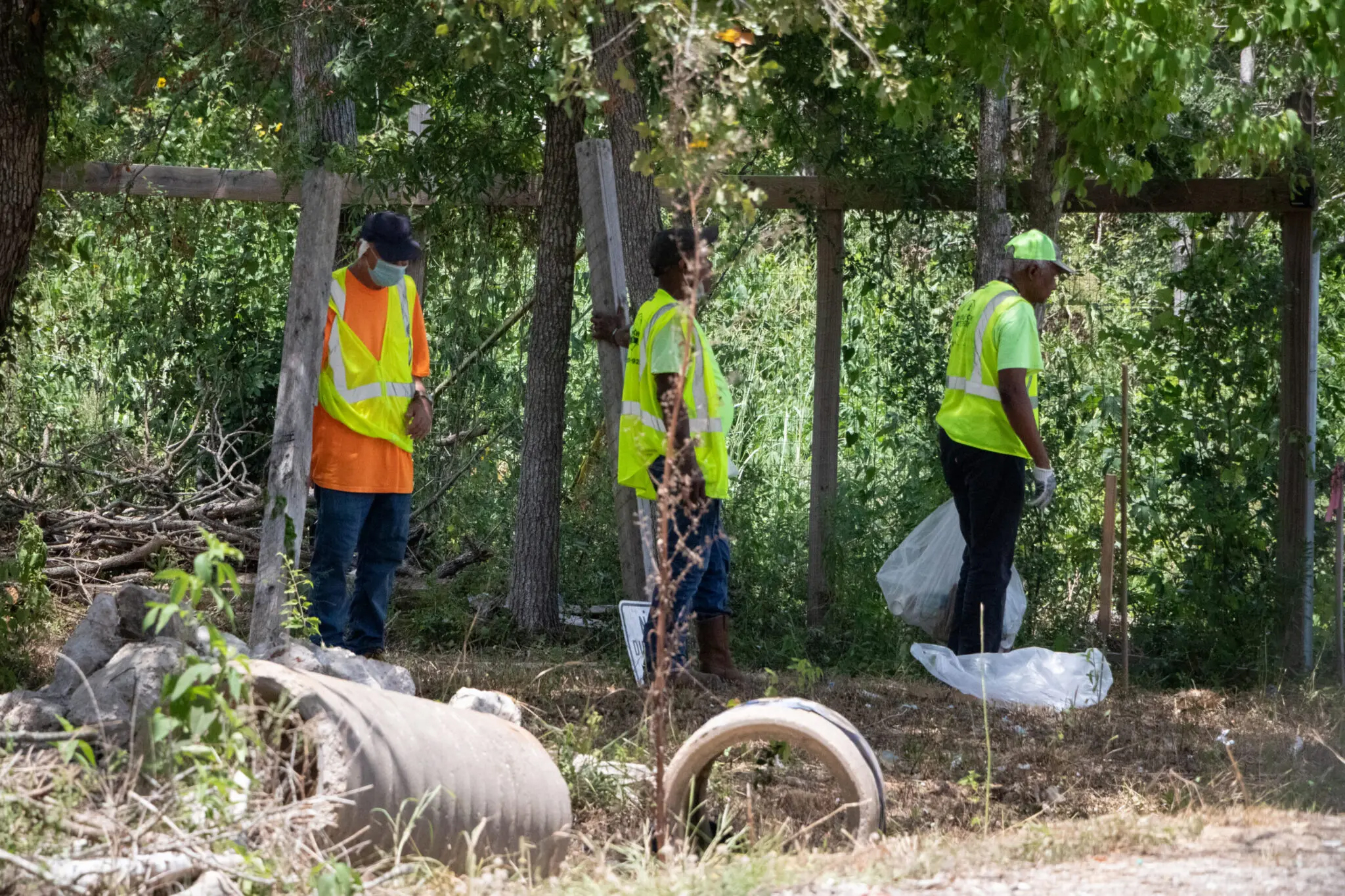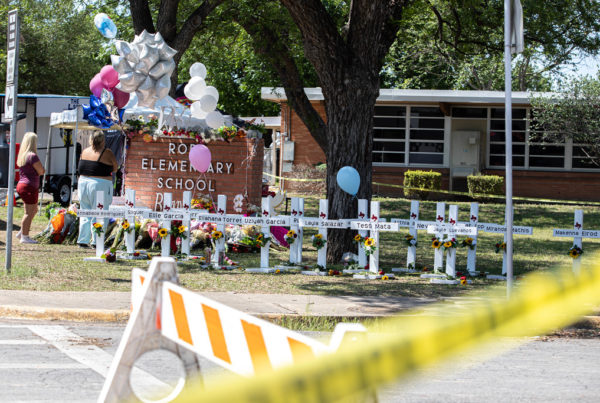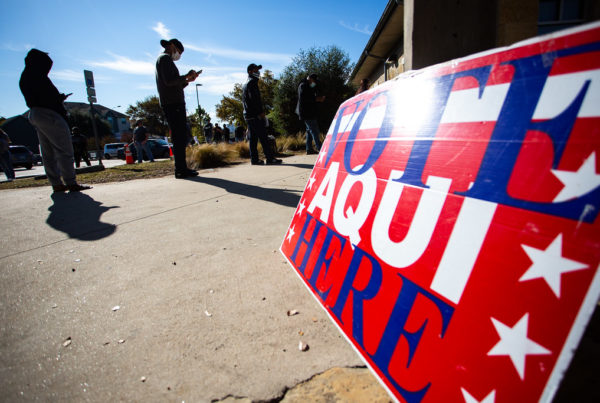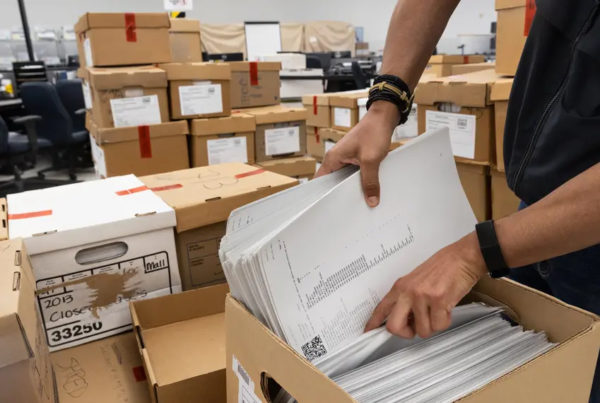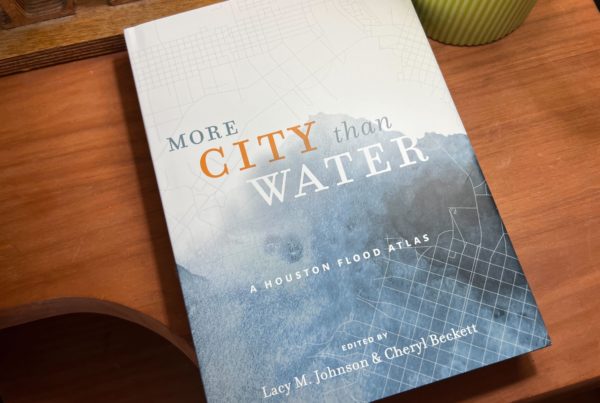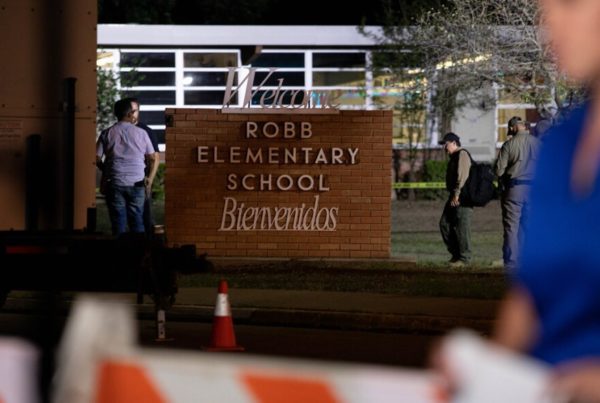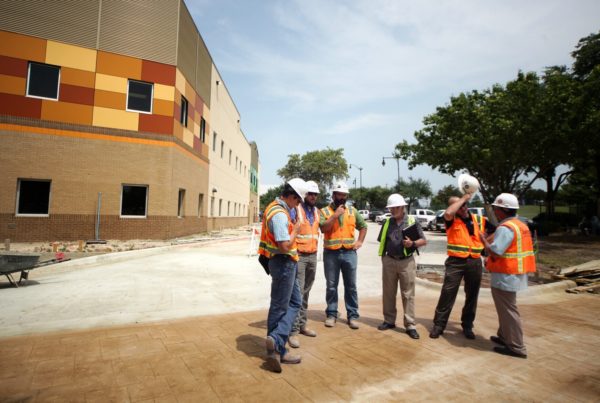From Houston Public Media:
When Jose Antonio Sorto trains for marathons, he finds it difficult to run near his home.
“Every time, I kid you not, I run through my subdivision, I’m encountering this illegal dumping,” he said. “Right now, there are about 40 toilets, there are a couple of dead animals there, there’s a couple beds, I mean, a bunch of stuff. And so when I’m running every day, as part of my training for this marathon, that’s what I’m running through.”
After the U.S. Department of Justice launched an investigation into illegal dumping in Houston on Friday, particularly in the city’s Super Neighborhood 48, people like Sorto are saying they’re hopeful.
“We’re just sort of fed up with what we have not been able to address through policy, because we feel that we have done our role through community cleanup events, now I’m happy that this is going somewhere.”
The Justice Department is planning on looking into data from Houston’s 311 helpline to see if the city is violating civil rights laws. They claim that Houston officials are intentionally discriminating against Black and Latino communities when responding to calls about illegal dumping.
Sorto says, it’s not necessarily any particular person’s fault. He believes the problem lies in the way the system is set up.
“When we’re telling [city officials] about illegal dumping, everyone will tell you ‘please call it into 311, 311.’ Every community knows about 311 because that’s the only solution they’ve been able to give us.”
Other community activists, like Huey Wilson, who serves as president of the Super Neighborhood, agrees with this sentiment.
“We’ve worked extensively with the city of Houston through their 311 system trying to get our issues identified very early on we and we realized that the 311 system was not functioning the way it should, for people in general, not just our community it was just wasn’t functioning,” Wilson said.
Wilson has pushed for cleanup efforts for over seven years. She’s gone as far as filing up to 100 reports of illegal dumping with 311, and has seen little to no progress from those complaints.
“I don’t think any community would expect that they would have piles of trash with dead animals,” she said. “We found a half of a car in an illegal dump pile, 10 mattresses, you know, everything that people could dump out of their house, we even identified 200 tires in one of our locations.”
Both Sorto and Wilson claim that they’ve seen reports of carcasses amid the waste, making the streets not only contaminated with trash and filth, but also attracting snakes, rats and vermin.
“Sometimes, there are instances where you might see dead bodies there, and I don’t know how they get there but they get there,” Sorto said. “So that’s a very real thing, that’s not something that people are making up here.”
The two of them hope to see change in their community soon, especially since this fight has been so lengthy.
Sorto claims that he only sees change when the city is being called out for their inaction.
“Mayor Turner is not very happy that we filed this complaint,” he said. “So what he did was he sent a bunch of waste management trucks and started cleaning up the neighborhood, the neighborhood of treating the gardens if you want to go there, right now, it’s completely spotless. But that is a common reaction to these kinds of issues. We’re not looking for short term solutions, we’re looking for long term solutions.”
Right now though, Wilson is just grateful to be seen by the Justice Department. Nevertheless, she hopes for more attention to this issue.
“For my community, I hope that we realize a lot more attention to our issues because illegal dumping was our number one issue,” Wilson said. “I’m hoping that this will bring attention to not only my community but other communities. I don’t want to see another child have to walk in the street to avoid mattresses and all kinds of debris on their way to school.”


